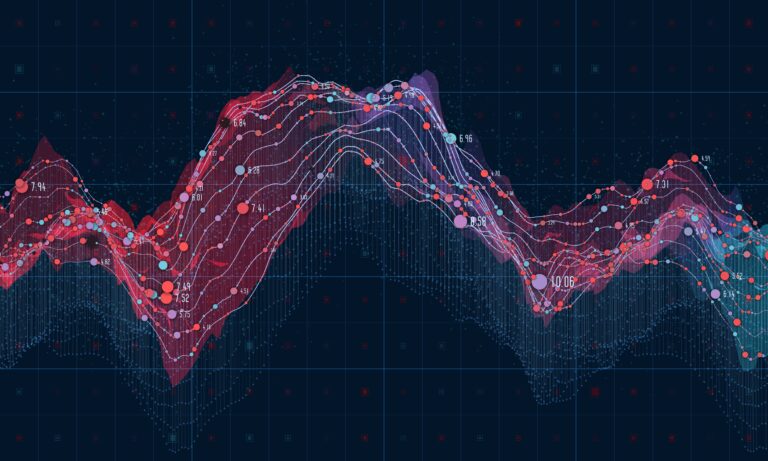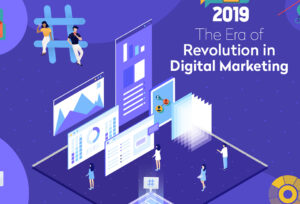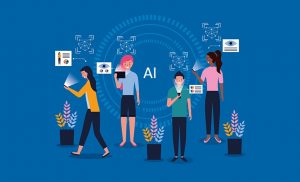Over the previous decade, there has been much talk about data being the new ‘black gold.’ In a digital economy, the essays and commentaries fostering discussions on the matter are not entirely wrong. Just as oil provided the economic boom of the early 20th century, data is responsible for the spike in revenue among the world’s tech giants.
Businesses of all shapes and sizes can benefit from data and its proper use. Questions businesses deal with on a daily basis, from the target market’s profile to its preferences, can be answered in detail with hard numbers. With such information in their hands, businesses can effectively create sound decisions and responses. Findings backed by solid data are hard to dispute with an opinion, let alone speculation and hearsay.
With reliance on data poised to increase this decade, more businesses are searching for ways to harness data to their advantage. One piece of technology that enables them to do so involves an enterprise data science platform. Here is a breakdown of the data science platform system and its significant role in a business’s growth.
The System at a Glance
A data science platform goes by various definitions, but the gist is that it is a system that refines data into a workable resource.
“Data scientists and data engineers are often the end-users, helping them produce models and other related outputs more efficiently.”
These models are then used or applied by businesses to shape their needs in a competitive market.
The platforms neither produce the models nor the apps businesses can directly use to implement said models. However, the tools that build the models and apps that run on them are built around the platforms. One of the reasons for the surge in demand of these platforms, in fact, is the surge in the number of tools and apps being released over the years.
For a data science platform to be effective, it must have the following features:
- Able to run end to end, from development to delivery
- Flexible enough to take in existing and new data
- Ensure an efficient, operational production model
- Have a business-friendly user interface
- Allow for scaling of computing resources
- Usable even to less experienced end users
- Supports a wide variety of tools
- Encourage collaboration among teams
Not all data science platforms support all aforementioned features, but that does not make them any less reliable. Choosing a platform should always coincide with a business’ needs, in which a specialized enterprise data science platform can meet them.
The System in Action
Understanding the importance of data science platforms requires looking into their contributions. Not only businesses but educational institutions have greatly benefitted from the convenience the platforms provide.
Data science has been instrumental in the education sector to respond to an impending drought of qualified individuals. In one report, it was mentioned that over half of incoming enrollees will be unable to finish college within six years. Institutions all over the country used data science to identify the root cause of such a statistic, as well as a way to mitigate the risk.
Data science platforms managed to gather valuable data from multiple sources—socio-emotional welfare of students and instructor performance, among others. It allowed the institutions to update their curricular models, enhancing courses that predictive analysis forecasted to be in demand in the years ahead. It also enabled timely intervention for students contemplating on dropping out.
Another case study involves a start-up based in Israel. Through data science, it managed to create an app that allows farmers to be notified of diseases or infestations on their crops.
Deep learning enables the app to identify and catalog the pestilence, as well as recommend solutions. Through it, crop loss can be mitigated and food security reaffirmed.
In both cases, data gathered by these platforms and the decisions made by people who harnessed them proved crucial in averting major crises. There is no doubt that data science is also seeing action in managing the ongoing COVID-19 pandemic by mapping global hotspots and producing models on risk mitigation.
Does Your Business Need One?
Given the capabilities of data science platforms, the next thing to ask is whether or not a business needs one. An ideal litmus test for businesses would be to evaluate four factors:
- Operations — a business may find itself burdened by countless tasks that can be relegated to automation. Having an unknown number of models currently active is also an issue.
- Collaboration — lack of coordination among teams can be a significant handicap. Models that cannot be found in a sea of models, replicated by newer teams, or trusted by business users may warrant a need.
- Impact — return on investment is minimal despite the implementation of a sound model. The shift of priorities to analytics from business goals may be an underlying problem.
- Scalability — a business that uses a model that cannot scale with the growing demand for data may be missing out on valuable opportunities.
There is no need to meet all four factors—just one is enough to warrant the need for a data science platform. With proper use, it can bring improved customer retention, reduced risk, better models, and enhanced coordination.
Even if the business appears to run smoothly, a data science platform can still be a worthwhile investment because of its potential for growth. Artificial intelligence is being developed as a core feature, allowing the program to learn from data and draw more accurate models. Data research is also projected to become one of the top careers to grow in the current decade, meaning more essential professionals as end-users of the program.
There is no reason for data to become less relevant in the coming years, not in a digital economy. In the future, analytics may predict another resource to become the new ‘black gold.’ To remain relevant and competitive in this market, businesses must seize every advantage they come across.
Data science programs are one such advantage with their remarkable processing power and ease of use. Ultimately, it will come down to what the business decides to do with what the program has generated.










